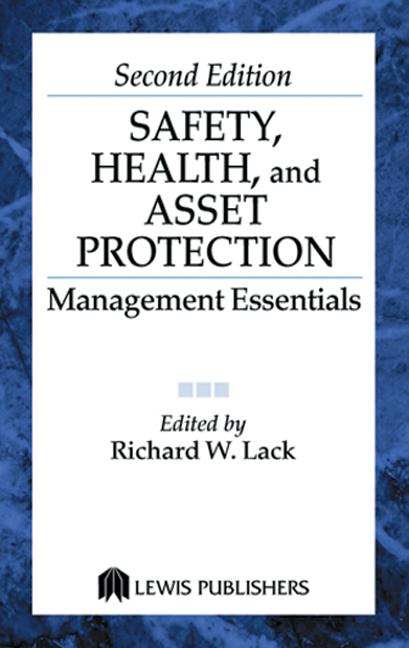Regulatory repeals, the future of the U.S. Chemical Safety Board and oil pipelines were in the news featured on ISHN.com this week.
Trump Oks Keystone pipeline
President Trump today approved a permit for the Keystone XL pipeline – a controversial project that was vetoed by former President Barack Obama.
“In making his determination that issuance of this permit would serve the national interest, the under secretary considered a range of factors, including but not limited to foreign policy; energy security; environmental, cultural, and economic impacts; and compliance with applicable law and policy,” according to a statement released by the State Department, which issued the permit.
A somber anniversary
BP Texas City Refinery blast was 12 years ago today
Statement of CSB Chairperson Sutherland on 12th Anniversary of the BP Texas City Refinery Disaster Twelve years ago today, an explosion and fire ripped through the BP Texas City refinery in Texas City, Texas. Fifteen lives were lost and billions of dollars in fines and settlements resulted. On this anniversary day, we acknowledge those lives lost and offer our condolences to their family members.
Mechanical problem may be behind U of M team plane’s runway skid
The National Transportation Safety Board (NTSB) has issued a preliminary report on an incident that added a little extra madness to March Madness, when a plane carrying the University of Michigan men's basketball team to the Big Ten tournament in Washington, D.C. slid off the runway March 8.
Key provision in OSHA’s recordkeeping rule overturned
The U.S. Senate voted 50-48 this week to strike down a key provision of OSHA’s recordkeeping rule by axing the agency’s ability to cite recordkeeping violations found by inspectors that are older than 180 days. The so-called “Volks” rule that was struck down – issued in December 2016 -- gave OSHA the ability to issue citations to employers for failing to record work-related injuries and illnesses during the 5-year retention period, contrary to the six-month statute of limitations.
NIOSH research results
Predicting temp rises in coal mine refuges
Mine safety regulations in the U.S. require a protected and secure space—or mobile refuge alternative—in all underground coal mines. In the event of an explosion or other mining disaster that prevents miners from immediately escaping, refuge alternatives protect miners from exposure to carbon monoxide and other toxic gases by providing breathable air and a safe environment for 96 hours.
President Trump’s 2018 budget blueprint guts Chemical Safety Board
A White House proposal to eliminate funding for the U.S. Chemical Safety Board signals a full retreat from two decades of progress against chemical disasters and would, if enacted, put American lives in jeopardy, health and safety experts told the House Chronicle.
Pipelines are safe despite worn-away covering, say operators
Operators of twin oil pipelines beneath the waterway where Lakes Huron and Michigan converge insist they remain structurally sound even though an outer layer of protective covering has worn away in some places. Skeptics said the deterioration is further evidence the lines should be shut down.
Hauling oil and gas one of the most dangerous jobs
Approximately four percent of crude oil and petroleum products were shipped by truck in 2012. Trucking over rough rural roads, often in extreme weather conditions, is one of the biggest dangers in the oil and gas industry.
ASSE: We stand behind U.S. Chemical Safety Board
The American Society of Safety Engineers (ASSE) says it is “deeply troubled” that the U.S. Chemical Safety Board (CSB) is targeted for elimination in President Trump’s budget blueprint for 2018.
Ga. automotive facility cited for safety & health violations
Lockout/tagout, hazcom problems
Hitachi Automotive Systems Americas and a staffing agency it works with have been fined $35,852 in penalties following safety and health citations for violations at its Monroe, Georgia facility, including deficiencies in the company's hearing protection and hazard communication programs, as well as an emergency eye wash station that wasn’t installed.
A NIOSH research update
Hearing protection improves after earplug testing
Hearing protection among oil-rig workers improved significantly after they underwent testing for properly fitting earplugs, according to a new study by NIOSH. The researchers reported the findings of their study in the International Journal of Audiology.


